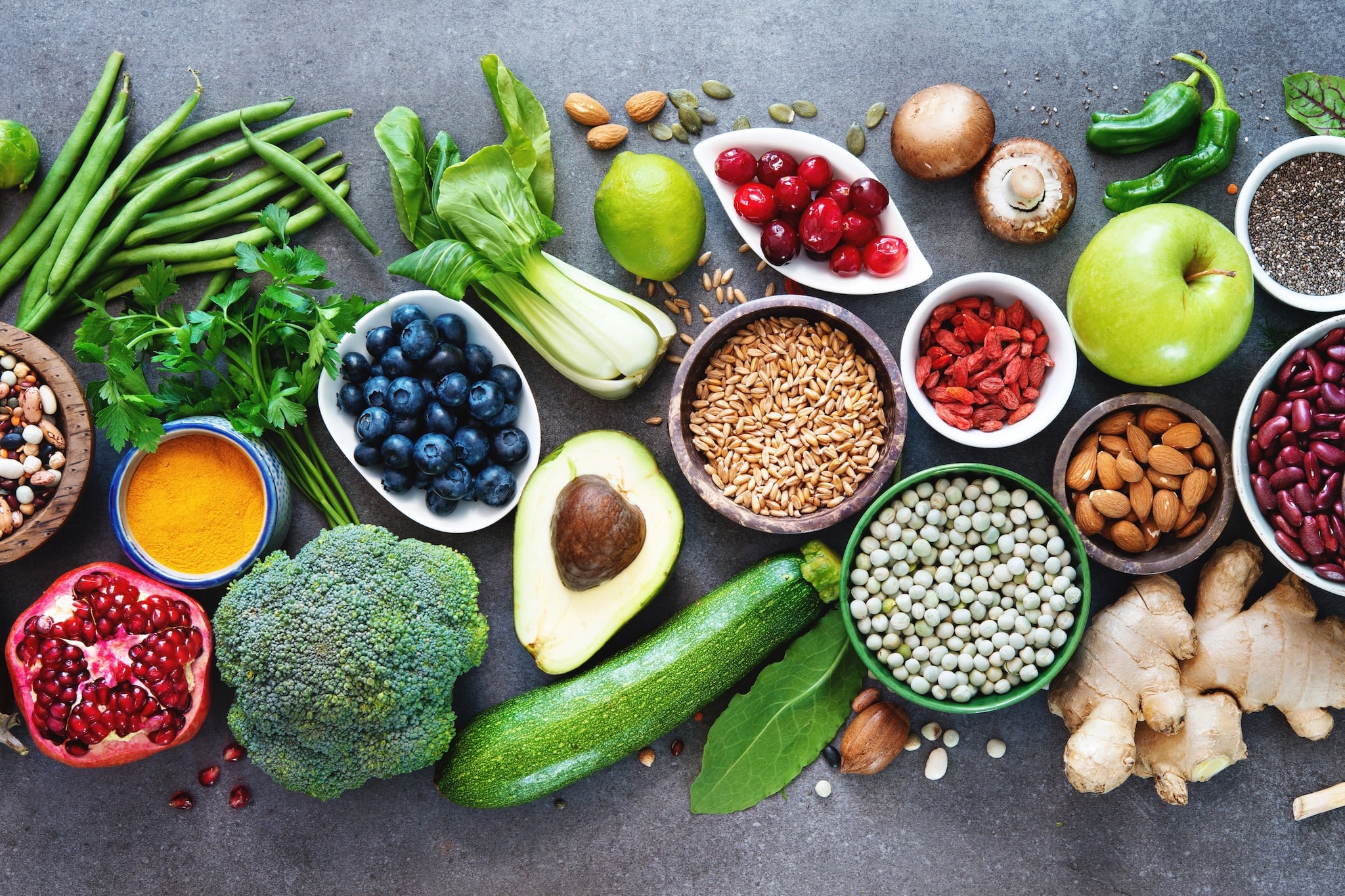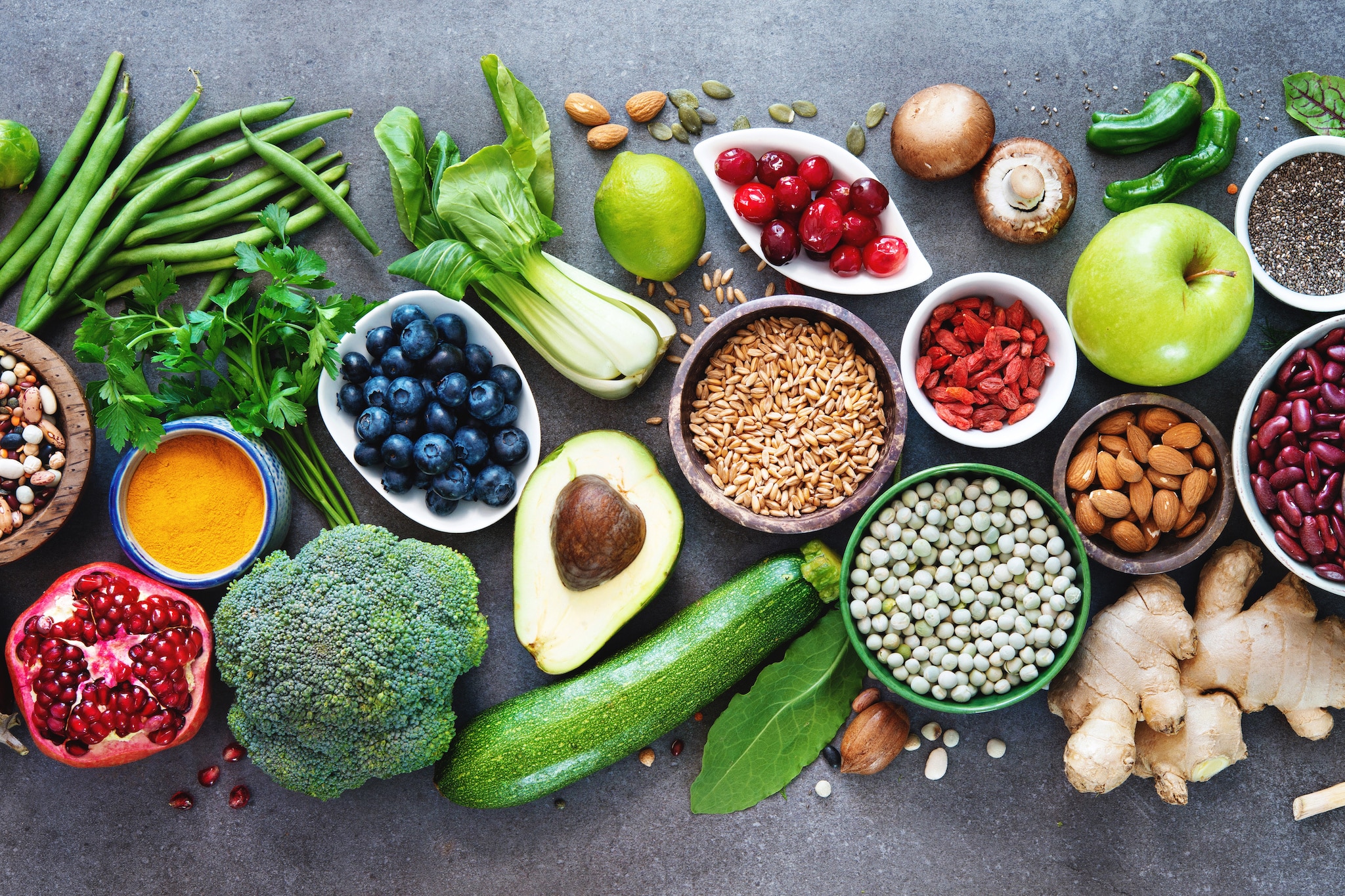What’s On The Menu For A Healthy 2021?
We all try to do what we can to ensure that we’re leading a healthy lifestyle, including getting our five-portions-a-day of fresh fruit and vegetables and maintaining at least some form of exercise regime. However, at a time when we’re spending a lot of time indoors, with gyms closed and very little to do out of the house, it’s a little more difficult than usual to keep ourselves in the best possible health. Could superfoods be the answer?
Some of the more popular superfoods that we’re used to hearing about have been dismissed by nutritionists in the past, stating that they don’t have quite as much to them as sources would have you believe. However, certain superfoods are backed by nutritionists across the world – and incorporating them into your diet could be the key to keeping yourself in good health.
Here are five nutritionist-backed superfoods that you should be stocking up on for a healthy 2021!
Milk Alternatives
Popular mostly amongst those who are lactose-intolerant or follow a vegan diet, it turns out that everyone could benefit from making the switch to non-dairy milk.
The vast majority of milk alternatives have been found to contain less fat and sugar than cow’s milk and are lower in calories, with soy containing more potassium and almond and flaxseed milk containing higher calcium content! In addition, all milk alternatives tend to contain a higher percentage of water, making them more hydrating, too.
Some brands of milk alternatives are also fortified with additional nutrients and vitamins that are missing from traditional cows milk, so there’s a huge range of reasons why making the switch could be beneficial to the average person.
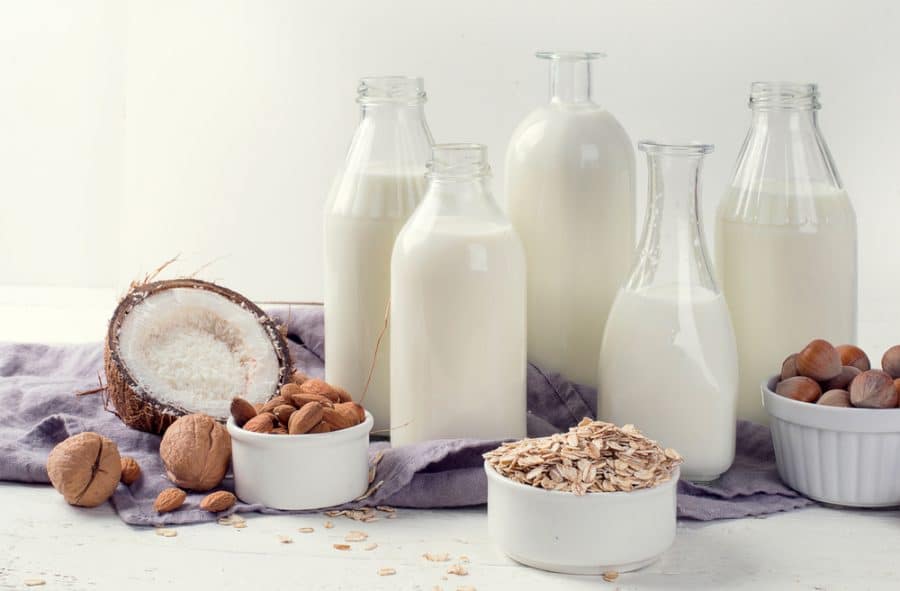
Berries
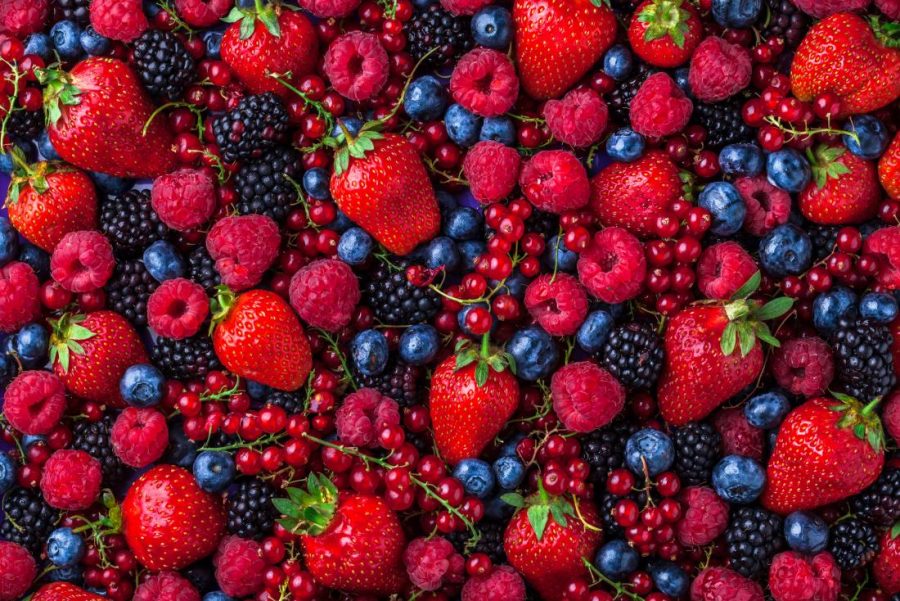
If you’re a fan of blueberries, strawberries and acai berries, you may be incorporating a superfood into your daily diet without even realising.
Besides simply being delicious, most berries also come with a huge range of benefits. Research has proven that berries are packed with antioxidants, high in fibre and may even work to balance your blood sugar and insulin levels.
In case you needed any other reasons to reach for the smoothie maker tomorrow morning, there has also been evidence to show that incorporating plenty of berries into your diet could contribute to clearer, smoother skin!
Yoghurt
Many brands of yoghurt come with significant health benefits when consumed regularly – specifically pro-biotic yoghurt.
Probiotics are a form of positive bacteria, which work to improve gut health. Maintaining good gut health is hugely important, as the health of your gut impacts your immune system, brain health, heart health, sleep quality and digestive system, so we should all be trying to get probiotics wherever we can.
The majority of yoghurts are also high in calcium, protein and vitamins (particularly B12), too, so it’s clear to see that eating them regularly could have its fair share of positive side-effects!
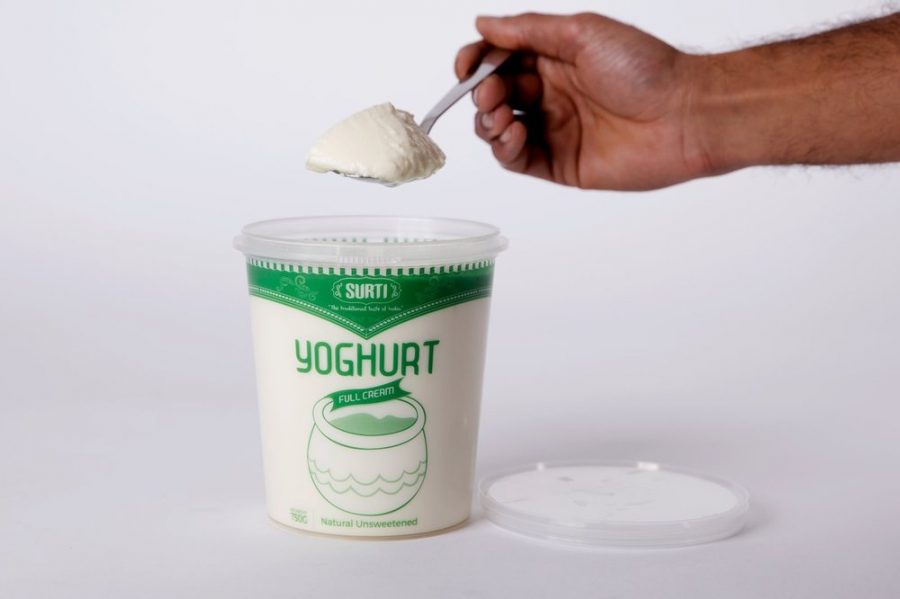
Nuts & Seeds
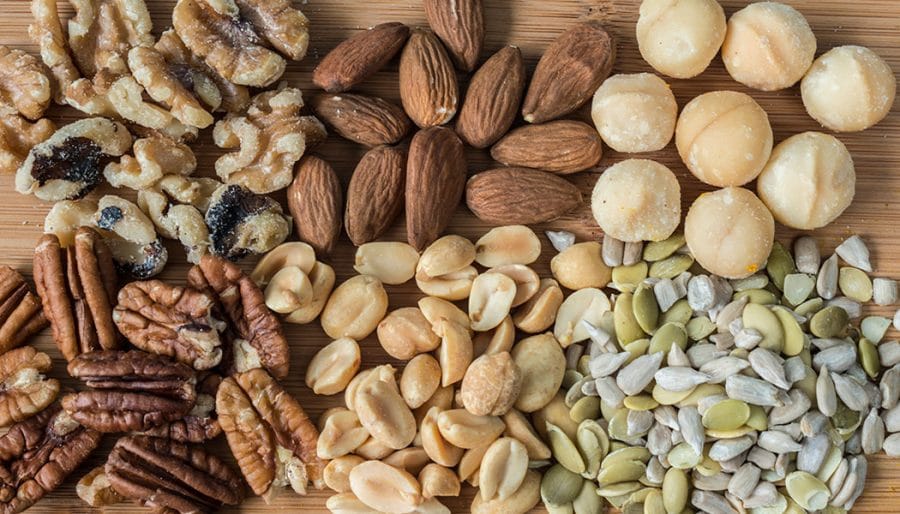
Whether you consume them alone as a snack or incorporate them into a meal, nuts and seeds can be incredibly good for you, having been proven to be high in protein, fibre and other highly-beneficial nutrients.
The nutrients that you’ll find in nuts and seeds depends on the type of nuts and seeds you’re eating. Almonds are rich in calcium and vitamin E, chia seeds contain beneficial amounts of phosphorus and calcium, while peanuts and pecans are packed with vitamin B. All nuts contain magnesium, too.
On the other hand, you still need to exercise moderation when adding nuts into your diet. Whilst beneficial nutritionally, you should aim to consume no more than two handfuls of nuts per day, as they are still particularly high in calories.
Beetroots
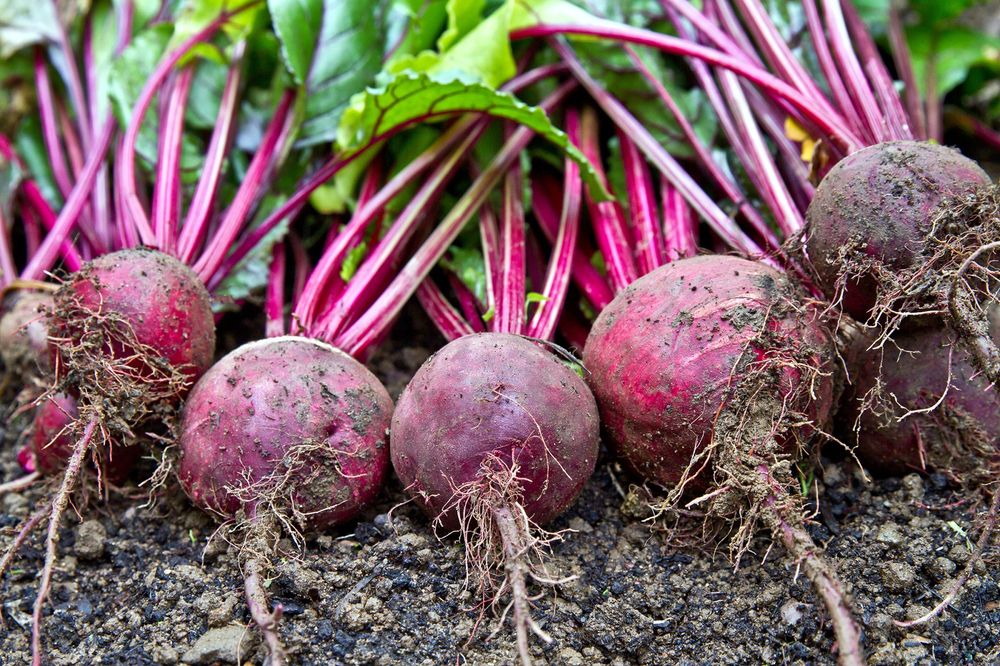
They might not be the most popular of vegetables, but they’re certainly one of the most nutritionally-beneficial.
Beetroots are full of essential nutrients, rich in protein, fibre, potassium, iron and vitamins C and B9. They’ve also been linked with improving blood flow, decreasing the risk of hypertension and increasing energy, too.
On top of all that, beetroots are up to 87% water, making them a particularly hydrating vegetable. If you’re not regularly eating beetroot already, it’s about time you made a start!
While it’s not exactly necessary to incorporate every single one of these foods into your diet on a daily basis, consuming them regularly could certainly be the key to staying a little healthier throughout 2021, so why not give them a try?
SEE ALSO: Food Science & Amazing Facts About The Things We Eat

